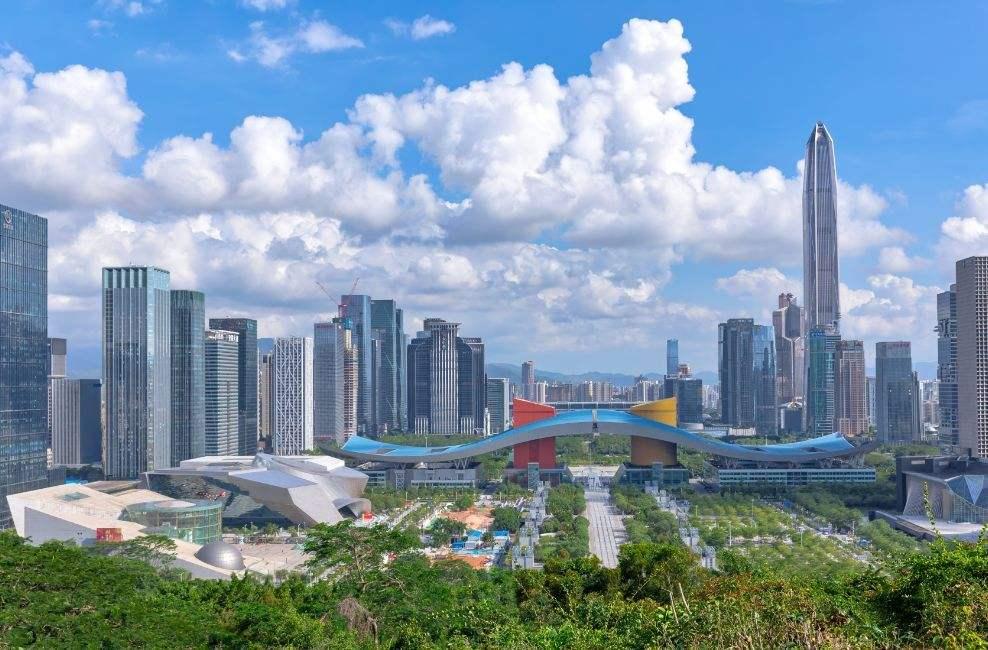BEIJING, Aug. 25 (Xinhua) -- When China established the Shenzhen Special Economic Zone 40 years ago, overseas critics had cast doubt on its future.
Forty years later, the once small coastal village has developed into a metropolis housing 13 million with its GDP hitting 2.69 trillion yuan (about 388.89 billion U.S. dollars).
The valuable development experience the southern city of Shenzhen has gained since 1980 is critical for other areas' reform to draw lessons from. Moreover, its development has offered the world a glimpse of the vitality of China's progress and its commitment to reform and opening-up.
Today, Shenzhen houses eight Fortune 500 companies, including Huawei, Tencent and China Merchants Bank, ranking the third on the Chinese mainland in terms of the number of such enterprises. Meanwhile, the city is regarded as an "engine" for the Guangdong-Hong Kong-Macao Greater Bay Area's development into a vibrant world-class city cluster.
The city's success is not accidental. It is an epitome of China's 40-plus years of reform and opening-up, a fundamental national policy that has created a miracle of rapid development and long-term social stability. China will not stop or reverse the process. The process can rather only be accelerated, providing certainty to the world in a period of change unseen in a century.
China's reform and opening-up has come to a new stage. The challenges it now faces are no less complex or difficult than they were 40 years ago. Reform has entered a "deep water" zone with deep institutional and mechanism barriers to be done away with. China will also face more and more headwinds in the external environment as globalization has encountered resistance from protectionism and unilateralism.
In this case, Shenzhen harbors great hopes to break new ground for reform as "a pilot demonstration area of socialism with Chinese characteristics." The market-oriented allocation of factors, optimization of business environment, overall utilization of urban space, to name a few, are Shenzhen's leading attempts amid China's efforts to promote overall reform.
Like the opening-up spirit Shenzhen embraces in its development, China is ready to create a comprehensive, multi-level and diversified open cooperation pattern. The country will cooperate with all countries, regions and enterprises willing to cooperate with China, including states, local governments and enterprises of the United States.
Deepening reform will tap the potential of domestic demand. Raising the level of opening-up will facilitate better connectivity between domestic and foreign markets. China will see its status continue to rise in the world economy with closer ties, and the country will provide more extensive market opportunities for other countries, becoming a huge magnet attracting international commodities and resources.
At a new start after the 40-year miracle, China will pool greater wisdom and courage to grasp the trend of the times. Reform and opening-up has no "perfect tense" but only a "progressive tense." Skepticism of this commitment will only lead to a missed opportunity of sharing its fruits. Enditem




 A single purchase
A single purchase









